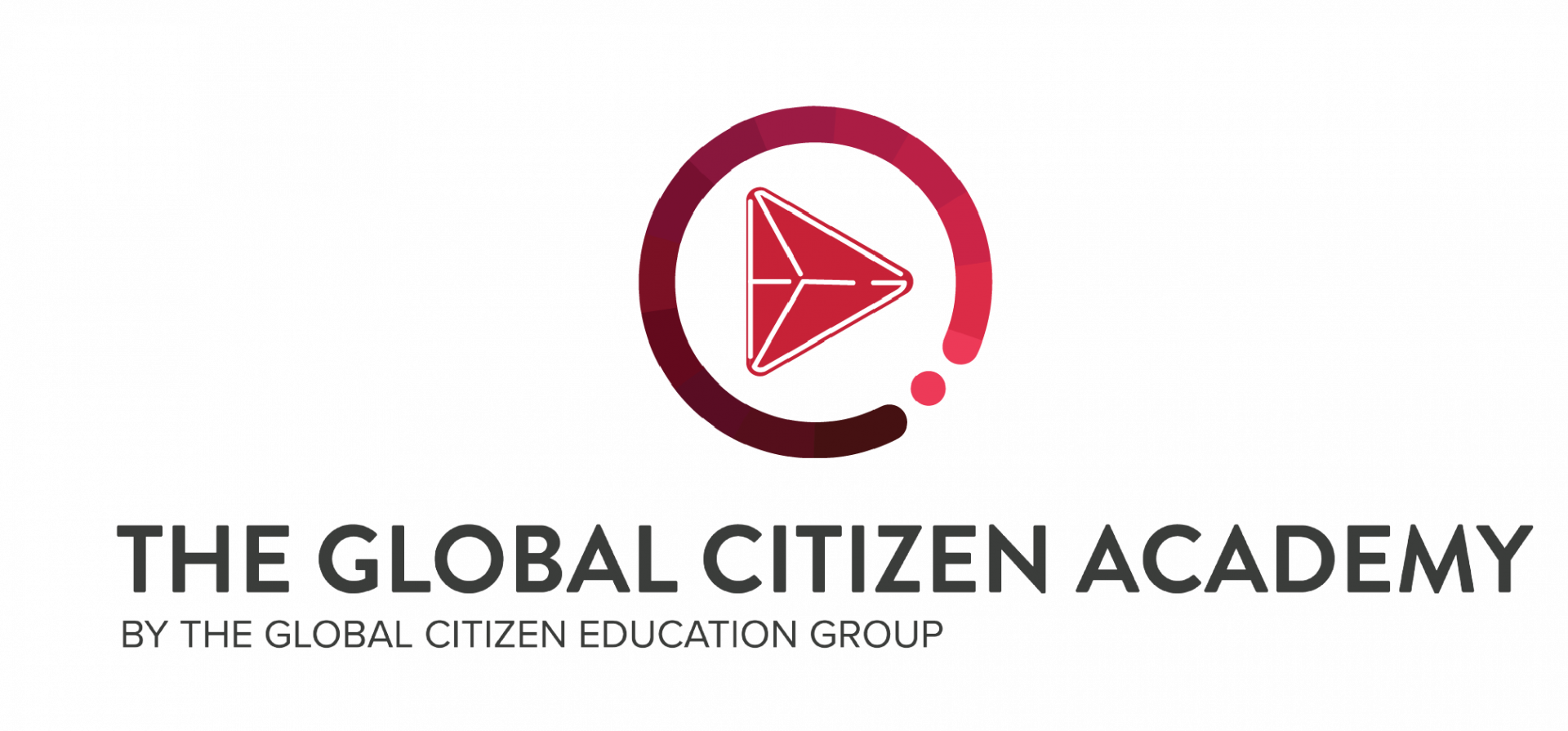How To Prepare Your Students for Their First Conference?
As a school teacher, the task of preparing your delegation for their first Model United Nations (MUN) conference can be daunting, because of the vast differences in experience levels in domains of leadership or public speaking, or in many cases, because delegates attend their first ever conference. While some delegates may be transitioning from leadership roles in the school’s Student’s Council or in debates into MUN, others may be just trying out public speaking for the first time. In addition, the difference in the organisational structure of the MUN clubs mean that this could be newly-established and a young club which had previously done only practice simulations, or a ragtag bunch of students who just registered for their conference following an indication of interest, perhaps after a history lecture. With these in mind, what can teachers do to adequately prepare students for their first conference?
Teachers could prepare students for the first conference by assigning seniors in the delegation to leadership roles to take care of the team. This could start with appointing a head delegate to be the point of contact with the conference organisers, and to appoint country heads amongst delegates to lead smaller teams to research on the same country together should they all be assigned a specific member state. In addition, in the event that this is an overseas conference, teachers could also assign students to complete tasks outside of their committee and country assignments to get them excited about the conference. For example, the teams assigned could be led by a senior and tasked with finding activities to do on their free day of the conference, or to find out night markets and such places they can visit for dinner after conference each day, or locate affordable fare around the conference venue. This would generate excitement for the team ahead of the conference, and builds rapport for the delegation as they prepare to travel abroad.
Besides allocating seniors these leadership roles, teachers can also prepare each delegate by serving as an additional pair of eyes to vet their committee documents. In most MUN conferences, delegates would need to submit a position paper ahead of the conference. Conferences following the THIMUN format would see delegates lobbying in the first committee session with their own draft resolution in tow. Teachers could assign senior members of the team to comment on documents by fellow delegates representing the same country in different committees, and could serve as an additional pair of eyes if they wish to volunteer their time to do so. For delegates attending their first conference, having a teacher look through their resolution would be quite helpful in understanding the demands of writing these position papers, or draft resolutions, in the case of THIMUN conferences.
Fundamentally, teachers should underscore that the MUN conference is, at the of the day, a simulation which should be grounded in diplomacy. As the atmosphere of the conference can become intense and competitive, teachers should remind students to see the bigger picture beyond the competition for awards at the conference. Beyond the competitiveness of these conference, MUNs also provide opportunities for students to build lasting friendships across educational backgrounds and nationalities, and students would lose out if they build up a poor reputation of themselves or the school because of how they had conducted themselves during the conference in relation to other delegates.
Image Source: Pexels

